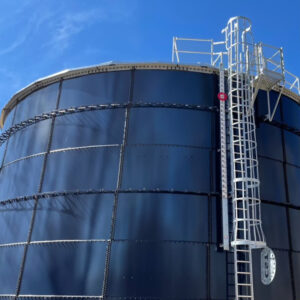Welcome To
Arthur-Shawanee
Utility District
About Us
Arthur-Shawanee Utility was established and incorporated as a public utility on August 29, 1960. Today, with approximately 3,800 customers and growing, our service is available in most areas from Harrogate, Shawanee, Forge Ridge, Arthur, Tiprell, and Speedwell, Tennessee.
Contact our office to see if service is available in your area.
Our Mission
Our mission is to provide good quality water at the lowest possible cost in the most efficient and courteous manner.
District Alerts
Please visit the news page for district alerts and notifications.


Click the “Pay Online” button above to go to our payment portal where you can make a one-time payment, sign up for autopay, see past usage, and more!
Frequently asked questions
Water pressure at any location in the system is determined by the difference in elevation between the water tank that serves the area and the point at which water is drawn from the line. Given the fact that we live in an area with hilly terrain, it is not uncommon for one home to see a significantly different pressure at the main compared to another just down the road. Water pressure changes .433 psi with every foot of elevation change. Therefore, a residence located in the valley may need a pressure reducing valve to lower the 100 psi incoming pressure to a more reasonable level, while another house located just 140 feet up a hill will only have 40 psi.
Restrictions in the line will reduce water flow and hence reduce flowing pressures. One of the most common problems in newer homes is improper pipe sizing. In older homes, scaling presents a significant flow problem for any home with older galvanized pipes. As water passes through over the years, corrosion deposits build up inside and partially block water flow. Some pipes may be so corroded that even a pencil would not fit through the center of the pipe. Running water through a corroded pipe like this is the equivalent to sipping through a coffee stirrer instead of a straw, less fluid flows through.
Heating water causes calcium carbonate to precipitate out and settle to the bottom. Water that gets under this layer of sediment can turn to steam when the burners come on and cause popping and other noises. The build up of sediment will also reduce the efficiency of a water heater, reduce the holding capacity and ultimately burn out an electric element. Regular flushing of a water heater through the drain valve located on the bottom of the unit can help prevent sediment build up. Please refer to your manufacturer’s guide for directions on how to drain your hot water heater, as well as how often this should be performed.
The best thing to do is wrap any pipes that are exposed. Another suggestion is to let water run in a sink in a small amount. This will keep water moving and thus prevent freezing during severe cold.
Pay Online or Over the Phone
We offer the ability to pay your bill online, as well as over the phone through our automated IVR system. To pay online, simply click the Pay Online button located at the top right of the page. To pay by phone, you can call the automated system at (423) 382-1630.